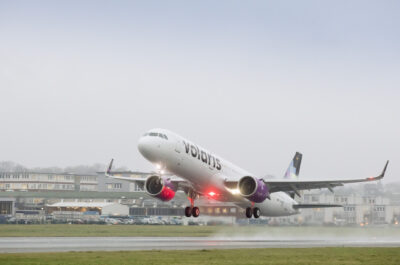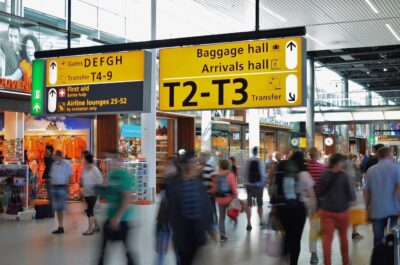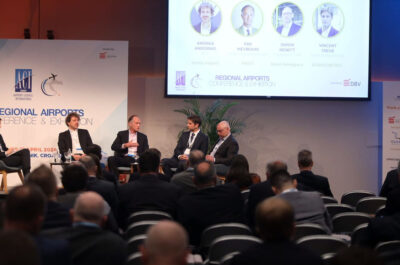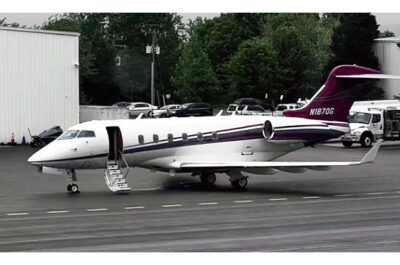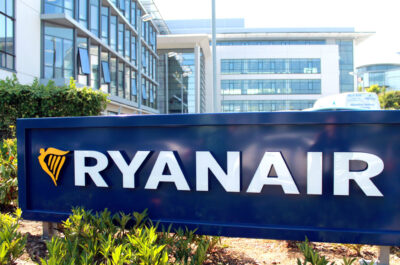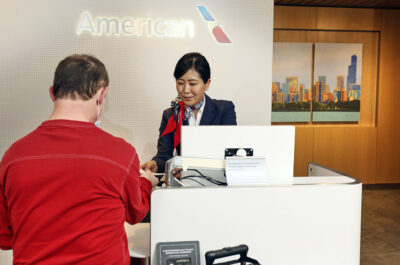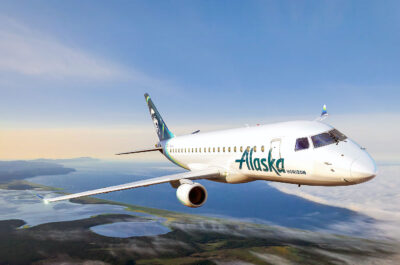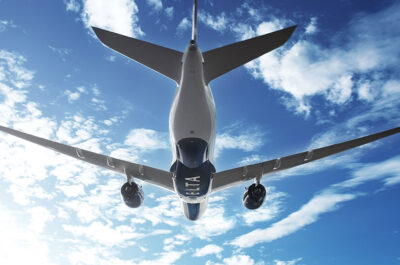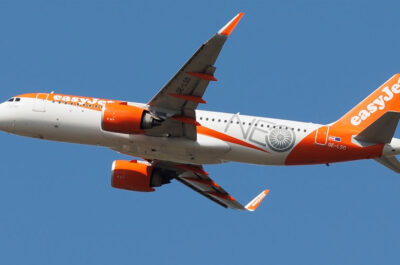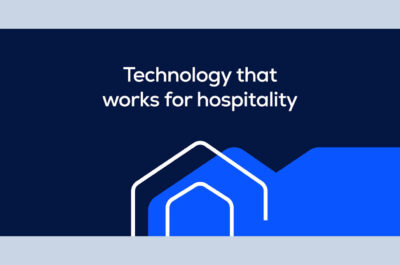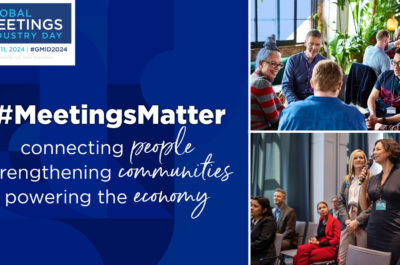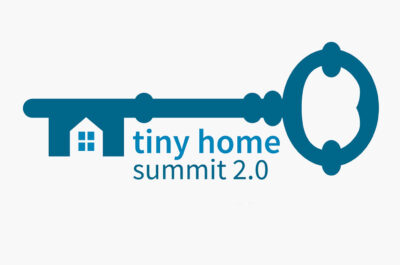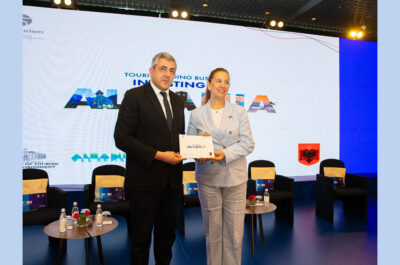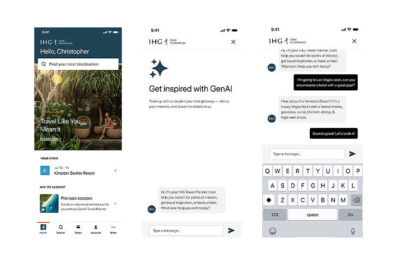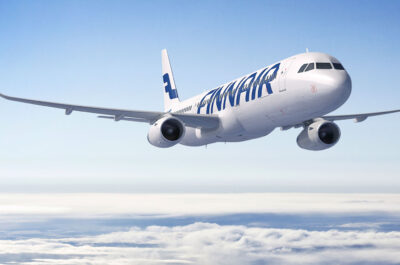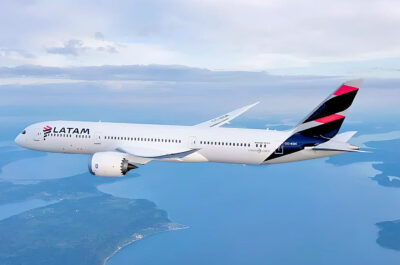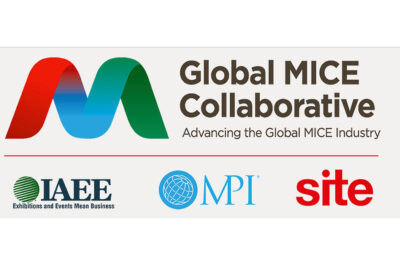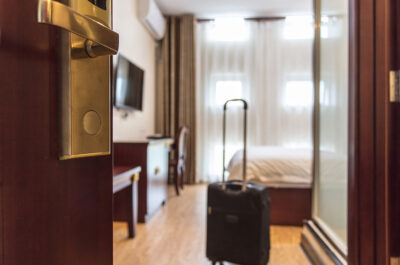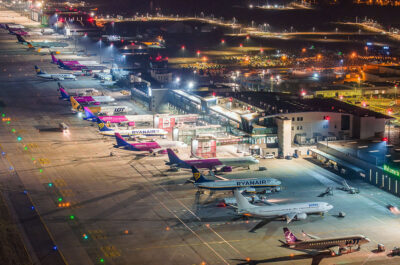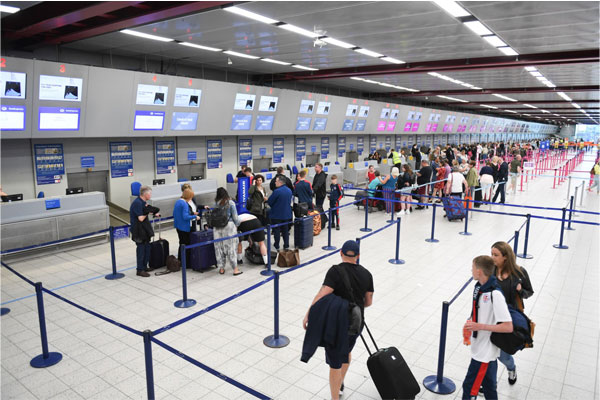
(photo: Phil Mosley/unsplash)
Call to airlines to act as concerns about travel documentation top list of traveller worries.
LONDON – Airlines are overlooking half a billion pounds in untapped ancillary revenue from travellers desperate for assurance they’ll actually board their flight, according to new research by tech company Zamna.
The independent market research, which polled over 2,000 UK consumers, found that three in four (76 per cent) are willing to pay their airline an additional fee on top of their ticket price for a complete travel documentation check against destination regulations, before arriving at the airport.
So concerned about arriving at the airport with the correct travel documentation – such as a passport check against border rules, destination entry forms, VISA, proof of vaccination and health certificates – survey respondents were, on average, willing to pay £5.32 for preflight peace of mind. This equates to at least £510 million of secondary revenue ready and waiting for airlines savvy enough to adopt a solution amidst extreme levels of disruption still hitting airports and travellers across the world.
What’s more, while £5.32 was the average amount flyers were happy to pay for a pre-flight travel documentation check, 35 per cent of consumers were in fact willing to pay up to £10 for the assurance of such a service.
Aside from making a cash injection and a much-needed boost to the financial recovery of airlines, the survey also highlighted that 64 per cent of respondents believed airlines should be doing more to help them ensure their flight-related paperwork is in order before leaving home for the airport, while only 16 per cent believed the responsibility lies with the passengers alone.
Worries about the correct documentation topped the list of traveller concerns, rating higher than staff shortages, reports of airport chaos in the media, and fears that the airline could go bust, while significantly more people wanted airlines to provide a document check over a full refund if they can’t board their flight.
“With the industry struggling to sustain losses of £9.54 billion now is the perfect time to highlight as much as half a billion pounds in potential revenue to airlines – and that’s just in the UK alone,” comments Irra Ariella Khi, CEO of Zamna. “Aside from the financial gains, a huge portion of the pain felt by airlines and travellers alike can also be eased with simple, available tech improvements that digitise document handling in advance. However, much of the new tech being introduced by airlines and airline groups is just not working; the need for more equipment and behavioural changes generated by the solutions causes pain for all, whether that’s downloading a new app, having to print a document or present a QR code. The passport is the only globally recognised identity document and we have been travelling on it for decades; it should be, and is, the only thing one needs to travel with total confidence if the tech is right.”
For airlines to access additional new revenue of this scale, warns Khi, any improvements implemented must also be ubiquitous to all travel-related tech platforms such as global distribution systems (GDS), passenger service systems (PSS), and customer relationship management (CRM) rather than proprietary. “It’s so important that new technology solutions in this field are industry-wide, affect all airlines positively, and are inclusive of passengers – avoiding costly and limiting vendor locks, and instead serving a global price-sensitive, Covid-exhausted audience. It must also allow airlines to be prepared for whatever is thrown at them with evolving markets, ever-updating regulations, and changing customer requirements,” she explains.
In addition to yielding greater profit margins through the implementation of ubiquitous tech-powered solutions, the right technology creates the chance for airlines to improve operational efficiencies, not to mention the prospect of reducing the risk of heavy regulatory fines resulting from providing incorrect passenger data to governments. Coupled with fine avoidance, technologies now exist to alleviate some of the airline staff resourcing issues that have caused airport congestion. Slow and labour intensive check-in processes can be accelerated or completely by-passed by removing many of the manual checking procedures required at the airport itself. This means that long and slow-moving queues of UK travellers and the increased need for airline staff that we have all seen of late, would be a thing of the past with the adoption of the available solutions.
“We’re entering a new era of travel and airlines need to get on board,” adds Khi. “Tech that supports the bottom line, while assuring passengers and reducing pressure on airline staff is the key to airlines securing recovery.”
Vicky is the co-founder of TravelDailyNews Media Network where she is the Editor-in Chief. She is also responsible for the daily operation and the financial policy. She holds a Bachelor's degree in Tourism Business Administration from the Technical University of Athens and a Master in Business Administration (MBA) from the University of Wales.
She has many years of both academic and industrial experience within the travel industry. She has written/edited numerous articles in various tourism magazines.














